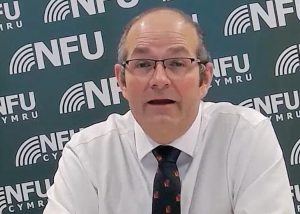
AVN Report
LAHORE: There is an urgent need to adopt Good Agricultural Practices (GAP), adherence to Hazard Analysis and Critical Control Points (HACCP), and compliance with other global standards to bolster Pakistan’s vegetable exports, which reached 1.126 million metric tons valued at $430 million in the 2024 fiscal year.
This was the consensus among the experts at a seminar titled “The Dynamics of Vegetable Exports: Procedures, Quality Control & Value Chain,” recently organised by the Pakistan Horticulture Development & Export Company (PHDEC) at Punjab University to discuss strategies for meeting international compliance requirements and expanding Pakistan’s vegetable export market.
Addressing the seminar, Dr. Muhammad Anjum Buttar, Project Director of the Punjab Agriculture Department’s PESP, highlighted vegetables’ role as nutrient-dense and cost-effective food sources and outlined current production trends.
He noted that potatoes and onions account for 70pc of the country’s vegetable exports and underscored the importance of GAP and HACCP compliance alongside Global GAP standards.
Dr. Khalid Zaffar, an entomologist at the Department of Plant Protection (MNFS&R), spoke about effective pest and quarantine management to curb post-harvest losses and meet export quality standards essential for international trade.
Dr. Mubarak Ahmed, Consultant at the Trade Development Authority of Pakistan (TDAP), underlined the importance of adhering to export protocols and maximum residue limits (MRLs) to enhance competitiveness in global markets.
Horticulturist Dr. Harrem Khalid from the University of Punjab shared best practices for maintaining the quality of vegetables, focusing on chillies, tomatoes, and cauliflower. Meanwhile, Ch. M. Maqsood Ahmed Jatt, Chairman of the Potato Research & Development Board, called for research-based measures to close the yield gap and boost export readiness.
The seminar emphasised improving vegetable exports through quality enhancement, international compliance, efficiency in production, export promotion strategies, and collaboration among federal and provincial bodies. Cluster farming was also recommended for sustainable growth.
PHDEC CEO Athar Hussain Khokhar, in his concluding remarks, reiterated company’s commitment to supporting industry initiatives and encouraged stakeholders to submit project proposals for collaboration, especially in the potato and vegetable sectors.






